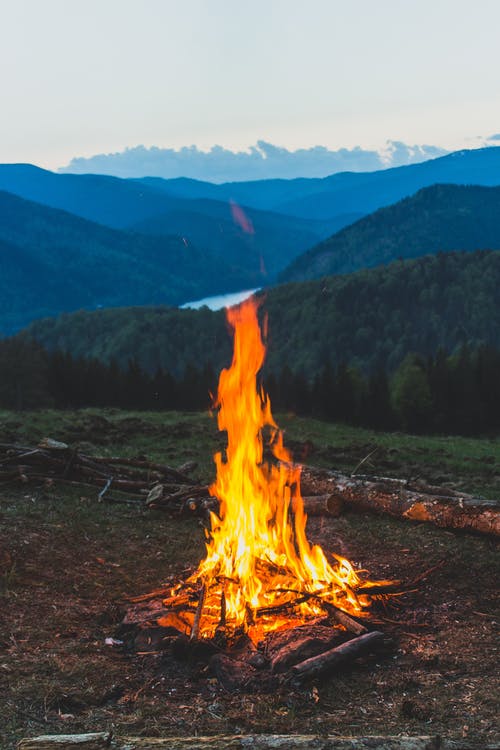Extension cords are a lifesaver when you need to plug in something and there’s no outlet nearby. But did you know that you should unplug them when they’re not in use?
The U.S. Fire Administration reports that misuse of electrical cords is one of the reasons for residential fires. So, what are the safety measures you can take to prevent your extension cords from causing a fire?
Tips to Avoid Fires Caused by Extension Cords
1. Unplug your extension cord when not in use.
This is the simplest way to prevent a fire. If you’re not using an extension cord, unplug it from the wall.
2. Never overload your extension cord.
This is a common mistake people make. Just because an extension cord has more outlets doesn’t mean you should use them all. Only plug in the number of appliances that the cord can handle.
3. Make sure your extension cord is in good condition.
Never use an extension cord if it’s cracked or damaged.
4. Keep your extension cords away from heaters and other sources of heat.
You should never use extension cords near heaters, stoves, or other sources of heat. The heat can cause the insulation on the cord to melt, which could lead to a fire.
5. If possible, use surge protectors.
Surge protectors can help protect your appliances from power surges, which can also cause fires.
6. Check the outlet before plugging in your appliance.
If the outlet feels hot, never use it. Find another outlet to plug your appliance into.
7. Never run an extension cord under a rug.
Rugs can trap heat and start a fire.
What to Do If a Fire Occurs
Get Out and Call 911
If you see a fire in your home, get out and call 911. Don’t try to put the fire out yourself.
On the other hand, make sure to keep emergency contact numbers near the phone. These include your local fire department, police station, poison control center, Red Cross, restoration companies, etc.
Extinguish Appliances
If a small fire occurs and the flames are confined to a single appliance, like a toaster, you may be able to extinguish the flames by unplugging the appliance and using a fire extinguisher.
Avoid Water
There are three classes of fire, including Class A, B, and C. A fire caused by an electrical cord is a Class C fire. Use a CO2 fire extinguisher to put out a Class C fire, instead of the water extinguisher. Water can actually make the fire worse.
If You Can’t Get Out, Stay Low, and Cover Your Face
If you can’t get out of your home, stay low and cover your face. Smoke and toxic gasses rise, so staying low will help you breathe better.
Never Go Back into a Burning Building
It’s important to remember that don’t try to go back in once you’ve left a building. It could be dangerous.
Document the Damage
It’s also important to document the damage by taking pictures or videos. This will help with insurance claims.
Call a Fire Restoration Company
If a fire damages your home, call a water restoration company. They can help you clean up the mess and restore whatever is left to get your home back to normal.
Call Your Insurance Company
If a fire damages your home, you should call your insurance company to see if your insurance covers the cost. They may also recommend a reputable restoration company.
Final Words
Extension cords can be a lifesaver, but they can also be dangerous if not used correctly. Ensure to unplug them when they’re not in use and follow the tips above to avoid a fire. If a fire occurs, know what to do. While you should never have to use this information, it’s always good to be prepared.
On top of these, make sure to keep emergency contact numbers handy, including your local fire department, police, other relevant agencies, and restoration companies, such as PuroClean. Go to their website to see how fire restoration services work.




